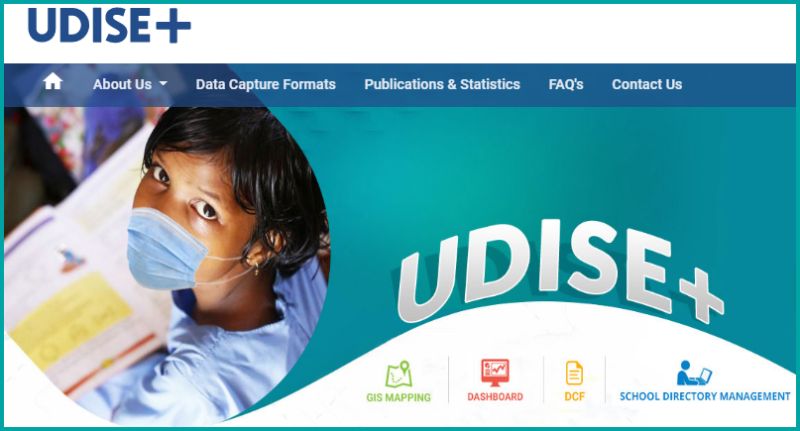
Introduction:
The recent announcement of the Revalue Iqd Is Live At 3.47 To The Usd has sent shockwaves through the financial world. This move has sparked intense debates and speculation about its potential impact on various sectors. In this article, we delve into the details of this significant development, examining its implications and what it means for investors, businesses, and the Iraqi economy as a whole.
The Revaluation Announcement:
The Central Bank of Iraq (CBI) made the groundbreaking announcement that the Revalue Iqd Is Live At 3.47 To The Usd would be revalued at 3.47 to the USD. This move marks a significant shift in the country’s monetary policy and has been met with both excitement and skepticism.
Understanding the Revaluation Process: A currency revaluation involves the deliberate increase in the value of a country’s currency relative to others. In the case of Iraq, the decision to revalue Revalue Iqd Is Live At 3.47 To The Usd signals confidence in the country’s economic stability and growth prospects. It aims to boost investor confidence, attract foreign investment, and stimulate economic activity.
Impact on Investors:
For investors holding Iraqi Dinar, the Revalue Iqd Is Live At 3.47 To The Usd presents a potential windfall. Those who purchased the currency at a lower rate stand to benefit from the increased value, potentially realizing substantial gains. However, the actual implementation and stability of the new exchange rate will be crucial factors influencing investor sentiment and decisions.
Challenges and Risks: While the Revalue Iqd Is Live At 3.47 To The Usd may offer promising opportunities, it also comes with inherent risks and challenges. The sudden surge in demand for the IQD could strain the country’s foreign exchange reserves and pose challenges for the CBI in maintaining stability. Additionally, geopolitical factors and internal tensions within Iraq could impact the success of the revaluation.
Impact on Businesses:
Businesses operating in Iraq, particularly those engaged in international trade, will be directly affected by the revaluation. A stronger currency could make imported goods cheaper, benefitting consumers but potentially harming domestic industries. Conversely, Iraqi exporters may face challenges as their products become relatively more expensive in foreign markets.
Stimulating Economic Growth:
Proponents of the revaluation argue that it could serve as a catalyst for economic growth and development in Iraq. By attracting foreign investment and encouraging domestic entrepreneurship, the country could experience increased job creation, infrastructure development, and overall prosperity.
Risks and Challenges Ahead:
Despite the potential benefits, the revaluation of the Iraqi Dinar at 3.47 to the USD also brings forth several risks and challenges that need to be addressed. One of the primary concerns is the stability of the new exchange rate. Maintaining a fixed exchange rate requires prudent monetary policies and effective management of foreign exchange reserves by the Central Bank of Iraq (CBI). Any missteps or uncertainties in this regard could undermine investor confidence and lead to volatility in the currency markets.
Another challenge stems from Iraq’s geopolitical landscape and internal dynamics. The country has been grappling with political instability, security concerns, and social unrest for years. These factors could pose obstacles to the successful implementation of the revaluation and hinder its ability to stimulate economic growth. Moreover, corruption and inefficiencies within the Iraqi government and institutions could exacerbate these challenges, undermining the effectiveness of economic reforms.
Conclusion:
The Revalue Iqd Is Live At 3.47 To The Usd represents a significant milestone in the country’s economic journey. While it offers exciting opportunities for investors and businesses, it also poses challenges that must be carefully navigated. The true impact of this move will depend on various factors, including the stability of the new exchange rate and Iraq’s ability to leverage it for sustainable growth. As the situation unfolds, stakeholders will closely monitor developments to assess the long-term implications of this historic decision.






